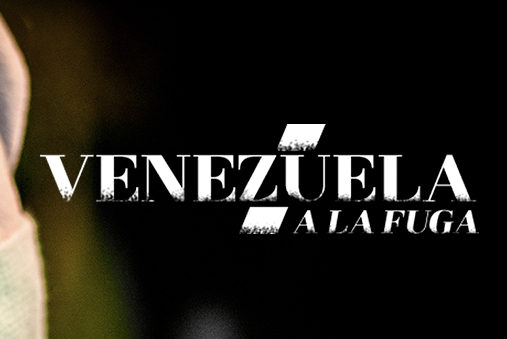
Stories about the effects of man-made environmental disasters, the fight for women’s rights and an international refugee crisis were recognized at the 2018 Gabriel García Márquez Journalism Awards.
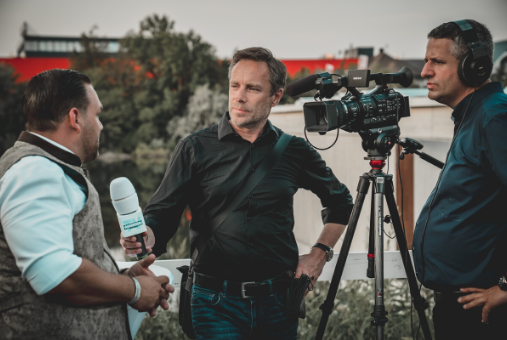
Arbitrary detentions and the cancellation and withholding of passports belonging to two high-profile Venezuelan journalists helped to mark September as another month in a long period of aggressions against the press in the country.

The intense mining activity that takes place in a vast area of the Venezuelan Amazon inspired a group of journalists interested in social and environmental issues to work collaboratively across borders.
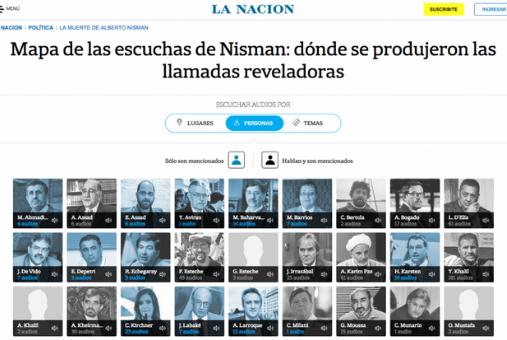
Latin American newsrooms won four big honors at the 2018 Online Journalism Awards, prestigious prizes recognizing excellent digital journalism.
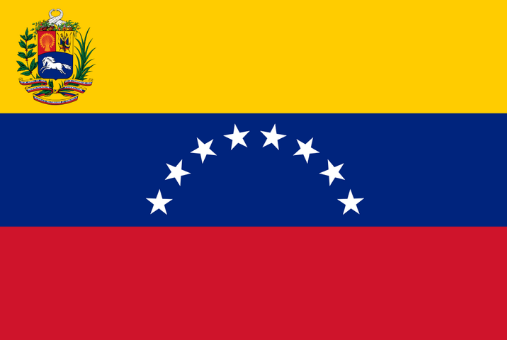
Venezuelan journalists work in an environment often characterized by threats, economic precariousness, limited resources and few job opportunities
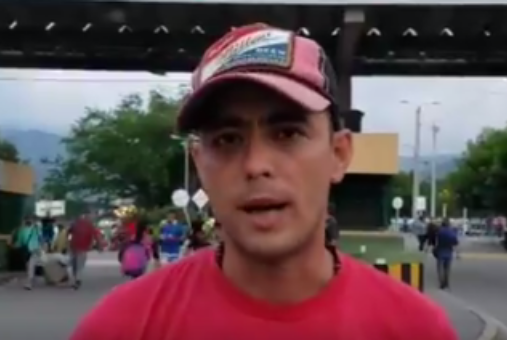
A Venezuelan journalist who previously fled his country because of threats is now in a military prison facing multiple charges rejected by press freedom advocates.
During the first two weeks of August of this year, independent news sites Armando.info and El Pitazo were blocked intermittently on the internet by state and private operators, according to a study conducted by Venezuela’s Press and Society Institute (IPYS, for its initials in Spanish).
With the purpose of "optimizing resources and managing inventory more efficiently," the newspaper El Nacional of Venezuela will stop circulating "temporarily" on Mondays and Saturdays starting on Aug. 20, the publication reported Aug. 19 in a short message entitled “Cinco días por la libertad” (Five days for freedom).
A court order is preventing four Venezuelan journalists from Armando.info, three of them founders of the site, from leaving the country. The 11th Trial Court of the Metropolitan Area of Caracas issued the measure at the request of the Colombian businessman Alex Nain Saab Morán, reported site Runrun.es.
So at a time when government control over the media is increasing and news sites can be blocked or thrown offline, Dariela Sosa and her team decided to launch a newsletter instead. The result was Soy Arepita, a free email newsletter that makes its way to Venezuelans inboxes every morning, just in time for breakfast.
Reports on pediatric healthcare in Venezuela and illegal plastic surgery in Colombia were awarded with the Roche Health Journalism Prize on July 5.
Mexican journalist Abraham Torres reported he was denied entry at Simon Bolivar International Airport while on his way to a journalism festival hosted by digital news site Efecto Cocuyo.